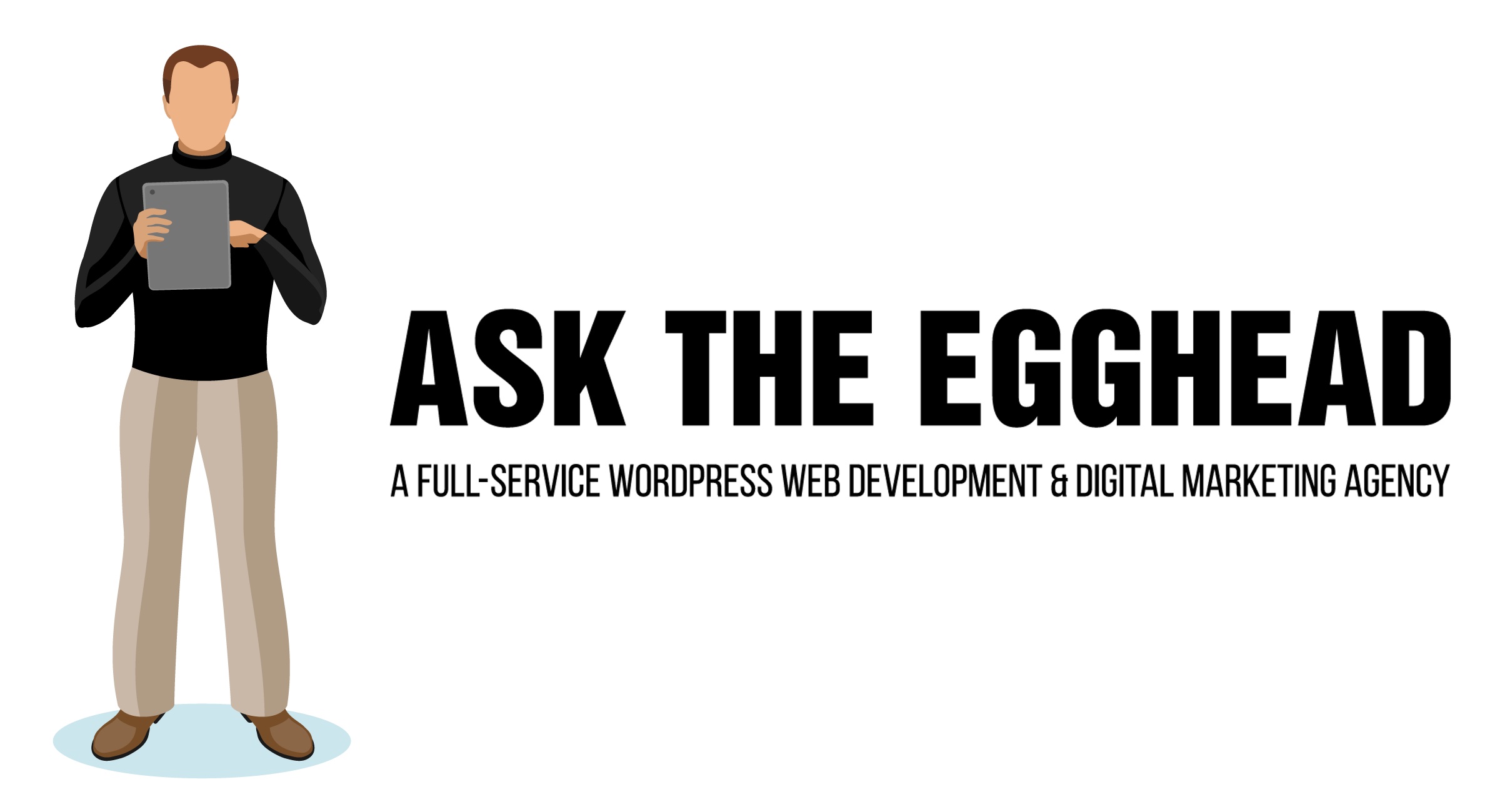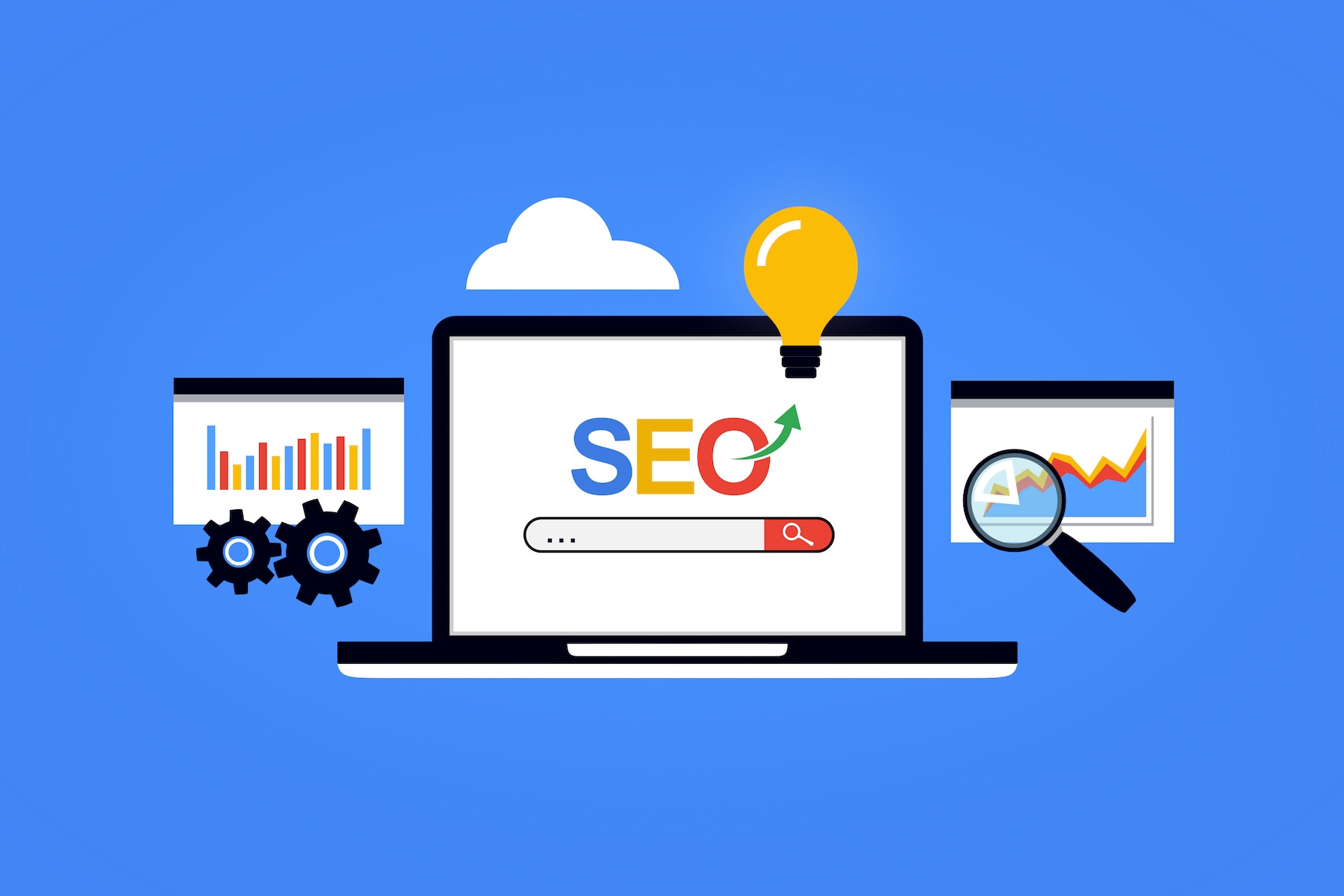In today’s digital landscape, understanding the basics of Search Engine Optimization (SEO) is crucial for business owners looking to enhance their online visibility and drive more organic traffic to their websites. This comprehensive guide will walk you through the fundamental aspects of SEO, providing you with the knowledge needed to start optimizing your website effectively.
What is SEO?
SEO is the practice of increasing the quantity and quality of traffic to your website through organic search engine results. It involves making specific changes to your website design and content that make your site more attractive to a search engine. You do this in hopes that the search engine will display your website as a top result on the search engine results page.
Why is SEO Important for Your Business?
Before diving into how to do SEO, it’s worth understanding why it’s crucial for your business. SEO is essential because it makes your website more visible, which means more traffic and more opportunities to convert prospects into customers. Beyond that, it also helps build brand awareness for your business as search engine users are more likely to trust a site that appears on the first page of search engine results pages (SERPs) than brands who don’t.
Key Components of SEO
- Keywords: At the core of SEO are keywords. These are words and phrases that prospects use to find online content, and that brands can then use to connect with prospects who are looking for their products and services. When choosing keywords, it’s crucial to aim for ones with high search rates and low competition and to choose short-tail keywords (like dog), long-tail keywords (like terrier puppies for sale), and local keywords (like puppies for sale in Boston) to work into your content.
- Content: Content is a vital part of SEO because it’s the vehicle you use to reach and engage audiences. For instance, if you owned a nursery and wanted to increase your visibility, you might publish a series of blogs about gardening, choosing the right types of plants, growing tips, and more. When a person who wanted to know about gardening went looking for that information, your blog would come up, and you’d be able to build a relationship with that prospect by providing valuable information. When the time came for that prospect to buy a plant, for instance, you’d be the first nursery that came to mind. Today’s content must be educational, but also interesting, relevant, engaging, and shareable. Content comes in various forms, including:
- Web page content
- Videos
- Blogs
- Infographics
- Podcasts
- Whitepapers and e-books
- Social media posts
- Off-Page SEO: Off-page SEO involves external optimization practices that happen away from your site rather than on it. The main technique used for off-page SEO is backlink building since quality backlinks to your site from external sites tell search engines that your site is valuable and high-quality, which builds authority.
- Local SEO: Local SEO is becoming increasingly important as more people use mobile devices for search. These days, approximately 60% of all searches are done on a mobile device, and nearly half of those searches have local intent. So, if you owned a restaurant, local SEO would ensure that when people in your area went looking for the best restaurants in town, they’ll come across your site. This involves using local keywords, claiming directory listings, and creating pages for your businesses on platforms like Google My Business and Google Maps.
Getting Started with SEO
Implementing a successful SEO strategy won’t happen overnight. Start by ensuring your website is attractive, fast, and responsive and that your content is crafted around the keywords you want to target. Regularly update your website with fresh, relevant content and continually refine your SEO strategies as search engines and technologies evolve.
Remember, the objective of SEO is not just to increase your site’s traffic, but to convert that traffic into leads and sales. With persistence and patience, SEO can significantly improve your business’s market presence and bottom line.





